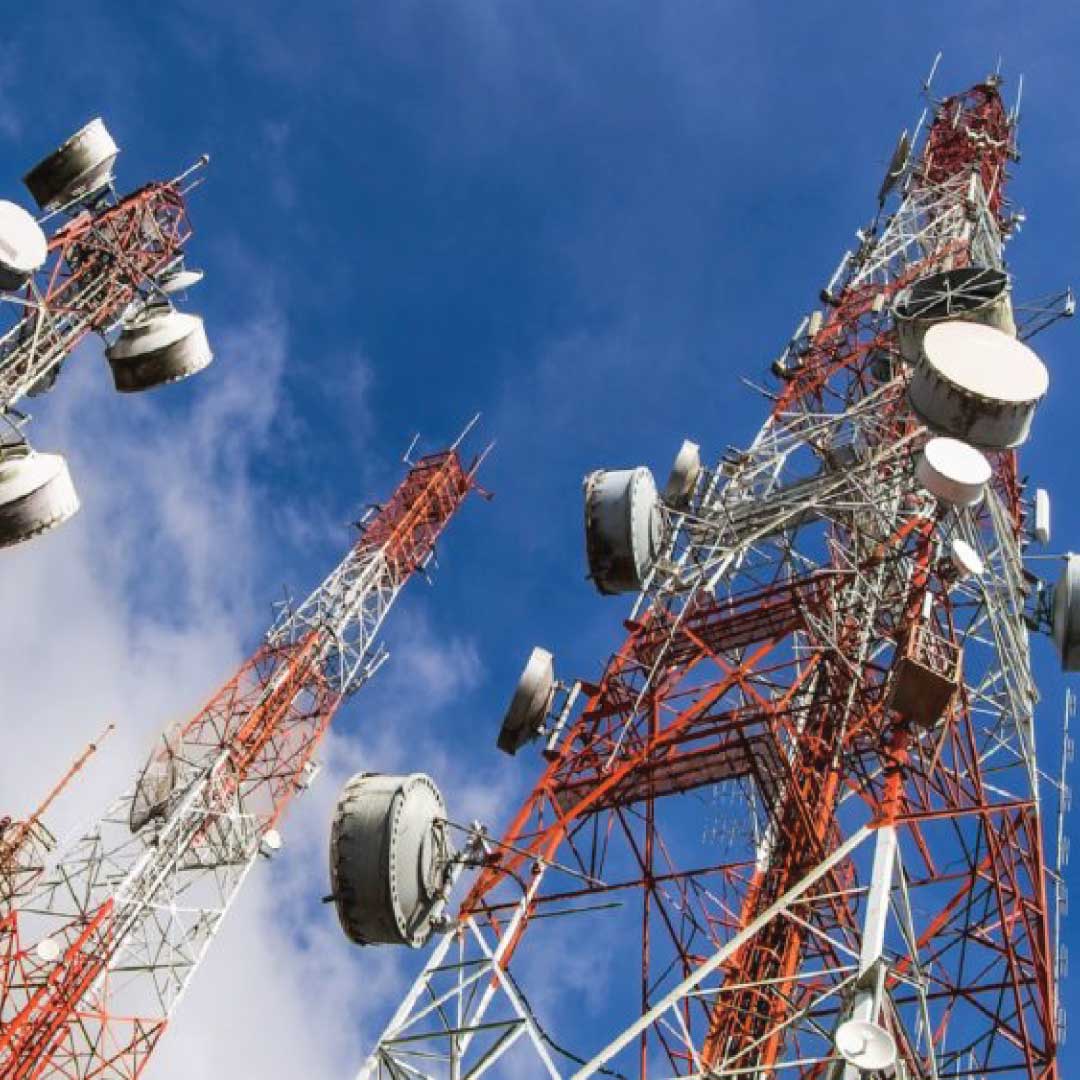According to the Nigerian Communications Commission (NCC), by 2021, 9.28 million telecommunications customers have stopped using the Internet. According to the telecoms sector’s regulator, the number of Internet clients fell to 141,617,023 in December 2021 from 150,898,122 in January 2021. The total number of Internet subscribers decreased to a low of 139,384,180 in July, while the number reported in January remained the highest for the year. In 2021, MTN Nigeria Plc suffered the greatest loss of Internet customers (5,176,068). The corporation has 63,988,496 subscribers at the start of 2021 and 58,812,428 subscribers at the end.
At the conclusion of the year, Airtel has lost 2,507,138 Internet customers, bringing the total number of Internet subscribers to 37,526,624. At the conclusion of the year, 9mobile had lost 1,127,391 Internet customers, bringing the total number of Internet subscribers to 5,752,702. Globacom lost 470,502 Internet customers during the year, bringing its total to 39,525,269 by the end of the year.
Broadband penetration in the country fell from 42.93 percent in January 2021 to 40.88 percent in December 2021 as a result of the reduction in the number of Internet subscribers. Telecommunication businesses accused the Federal Government’s National Identity Number-Subscriber Identity Module data verification for the loss of subscribers in 2021. Also:
SIM porting suffers a setback, with a 91 percent drop in a year
MTN customers complain about service outages
With the SIM-NIN connectivity, broadband penetration declines to 39.79 percent.
“Mobile subscribers decreased by 7.6 million to 68.9 million, impacted by regulatory constraints on new SIM sales and activations,” MTN said in its half-year report. The corporation, on the other hand, stated that it was in favour of the government’s NIN verification programme. “New customer acquisitions were barred until significant progress had been made on linking the active customer base with verified NINs,”
Airtel said in one of its quarterly reports. “Natural churn in the customer base led to a loss of two million active mobile customers in Nigeria in the first quarter of the year (following on from a loss of 2.5 million customers in the final quarter of the year to 31 March 2021).”
“The impact of the SIM-NIN policy will slow down growth,” said Olusola Teniola, Nigeria’s National Coordinator for the Alliance for Affordable Internet, according to the PUNCH. Because not every Nigerian possesses a NIN, the NIN requirement will hold down the ability to officially register SIMs, affecting contribution to NIN.”‘




